U.S. Debt Default Risk Amid $571B Banking Losses
Today, the supremacy of the United States is waning as its three major pillars of power gradually decline.
In terms of military dominance, the U.S. military and its allies are struggling to showcase any advantage in the Middle East or on the battlefield.
Regarding technological hegemony, there is an expectation that U.S. tech companies and their allied nations will refrain from collaborating with Chinese firms to hinder China's technological advancement.
As for financial supremacy, there is hope that prolonged interest rate hikes will burst China’s financial market, with some even conspiring with insiders in China to short-sell for profit.
However, everything in the world adheres to the principle that gains come with losses.
At this moment, faced with adversity, the United States has reached its breaking point.
This September, the U.S. may opt to cut interest rates in response to severe economic challenges; with a staggering $35 trillion in national debt, the pressure on U.S. finances is becoming increasingly burdensome.
After five rounds of consultations, the U.S. is running out of patience.
Notably, since the beginning of this year, the U.S. and China have convened five financial working group meetings. However, aside from the publicly announced time and place of the fourth meeting, the specific details and fruitful outcomes from the other four meetings remain undisclosed.
This is not to maintain secrecy, but simply because no tangible results have emerged from the negotiations.
Everyone is unwilling to make concessions that might harm their interests.
Now, this competition has transformed into a test of endurance; whoever can hold out the longest undoubtedly wins the ultimate victory.
Clearly, the U.S. is anxious this time, especially with talk of rate cuts in September; if rates are not reduced, it's not simply the U.S. stock market that would collapse, but there's also a risk of default on $35 trillion in treasury debt.
While the justification for this significant interest rate increase is cloaked in the guise of combating high inflation, it is evident to astute observers that the underlying motive is to exploit this opportunity to reap benefits through traditional interest rate adjustments from the global economy.
However, so far, despite facing numerous challenges and living pressures, the Chinese economy has not encountered large-scale systemic risks.
In contrast, since July of this year, the U.S. has recorded the second highest fiscal deficit for July, with 25% of its revenue allocated to interest payments.
This figure is only surpassed by the record set during the peak of the COVID-19 pandemic in July 2021.
As it stands, with only two months left in the current fiscal year, the budget deficit for fiscal 2024 has shockingly risen to $1.517 trillion, nearly twice the actual deficit size of $0.813 trillion recorded just a year ago.
Currently, the outflow of funds in the United States exceeds its tax revenue.
The existing situation is that the interest burden on U.S. debt has risen to become the second-largest component of federal spending, surpassing even expenditures on social security.
By April 2025, this expenditure is expected to soar to as high as $1.7 trillion, making it the largest single source of expenses for the U.S. government.
In short, cutting interest rates is crucial for the United States.
Significant Risks for U.S. Banks
Today, U.S. banks are burdened with an unmanageable loss of $517 billion; who could desire a rate cut more than they do?
Since the Federal Reserve enacted its monetary tightening policies in 2022, U.S. commercial banks have faced continuous losses for 30 straight months.
As time passes, more U.S. banks are scrutinizing whether the domestic economy could face the risk of a hard landing.
In light of pressure from the U.S. Treasury and the Federal Reserve, as well as calls from the domestic financial sector, many banks are actively seeking cooperation with China to address financial tensions and pressures through negotiation.
Since the beginning of this year, the global financial landscape has been tumultuous, with the Chinese market demonstrating a determination to de-dollarize and proactively reduce its holdings of U.S. treasuries;
Following suit, Japan, another major holder of U.S. bonds, has also joined the ranks of those selling off U.S. debt to maintain its currency stability.
In this situation, the reserves of U.S. treasuries held by central banks worldwide are steadily declining, creating a tense atmosphere on Wall Street, where each auction of U.S. debt undoubtedly poses a severe test for the U.S. Treasury.
More critically, the U.S. Treasury is facing a rising tide of interest and principal payments that it seems on the verge of being unable to bear.
To alleviate this predicament, the only recourse is to implement interest rate cuts and debt restructuring. Otherwise, should U.S. debt default, it would represent a significant risk to the global financial market; at that point, U.S. debt would no longer trouble creditors but become a lifeline for the U.S. Treasury to maintain the dollar's global dominance.
Successfully navigating this crisis is essential for the normal functioning of both the U.S. and global economies. If the financial chain collapses, both the U.S. and global economy could come to a standstill.
China is Becoming Increasingly Understanding
For China, isn't this just a contest of endurance?
As long as we can hold our ground now, not only will we gain more autonomy in the financial sector, but we will also expand into technology and even military domains in the future.
From the perspective of long-term interests, if we can endure now, we will secure greater rights in the future.
However, if we chase immediate gains right now, we will still face various constraints in all domains in the future.
Just like in 2018, when the trade war first started, many high-tech and high-value companies such as ZTE, Huawei, and DJI were coerced.
This is the consequence of lacking autonomy.
From the U.S. perspective, during this interest rate cut, China's economy will surely rebound, leading to a much better situation than before, hence the need to negotiate some benefits from us beforehand.
This indicates that after the failure of this financial war, the U.S. must turn back to negotiate with China to stabilize the overall situation.
Regardless of whether significant outcomes will emerge from these negotiations, the U.S. must make arrangements for interest rate reductions upon returning home.
Thus, at this stage of the endurance contest, the outcome is imminent, and the dynamics of the financial war are shifting.
Whether the U.S. can successfully cut rates to mitigate financial risks is beyond its own control.
```


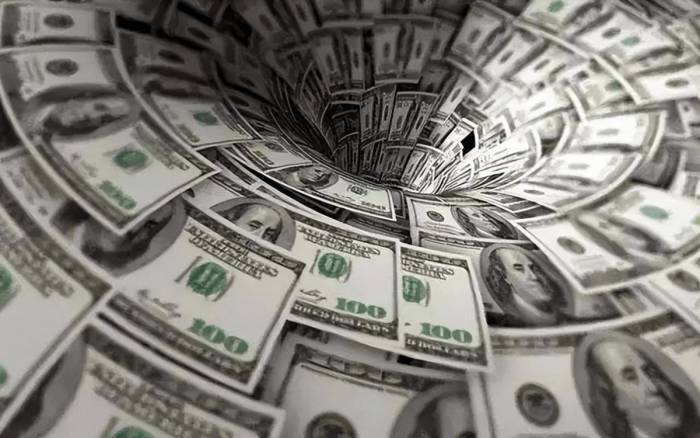
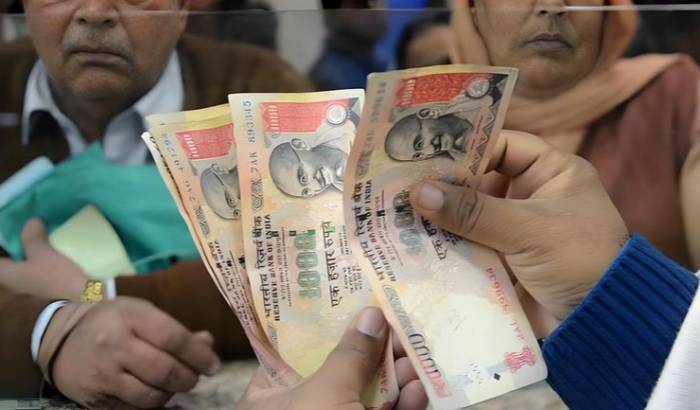


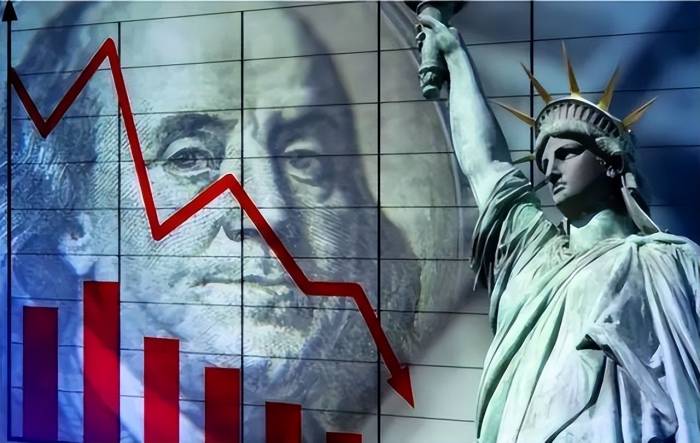











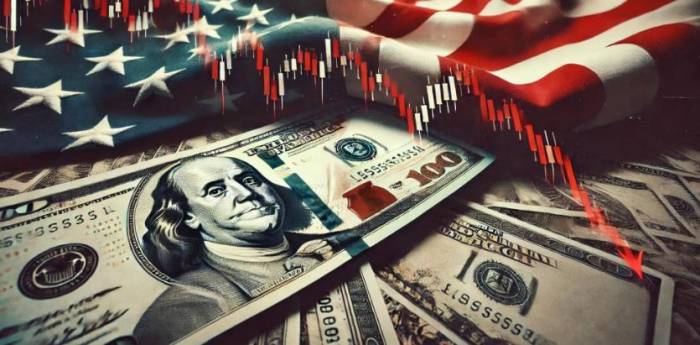





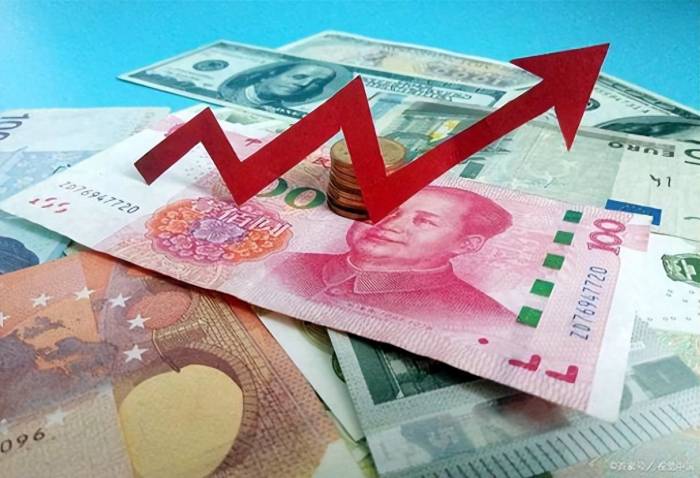

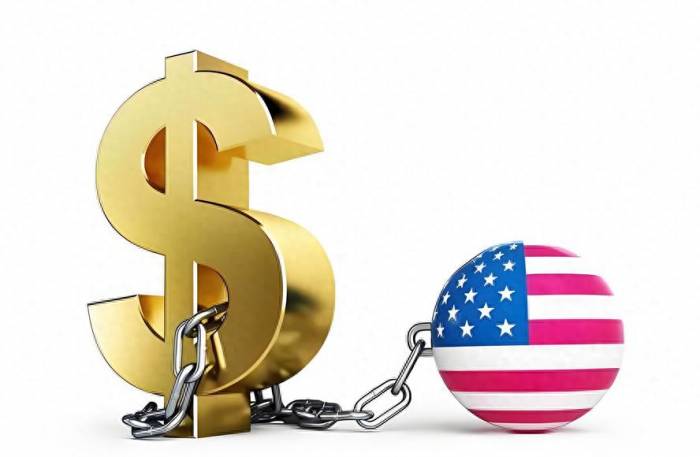

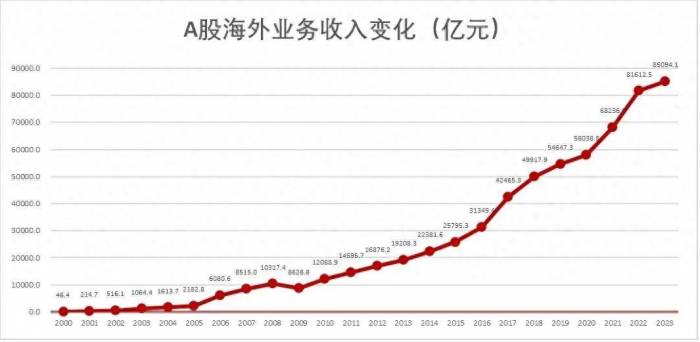

Join the Conversation